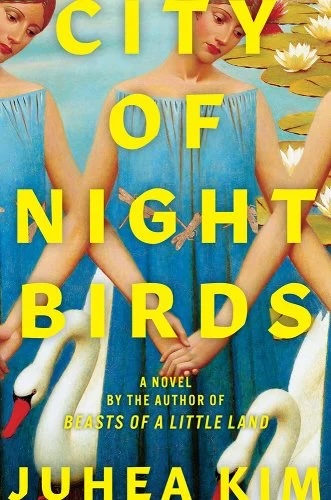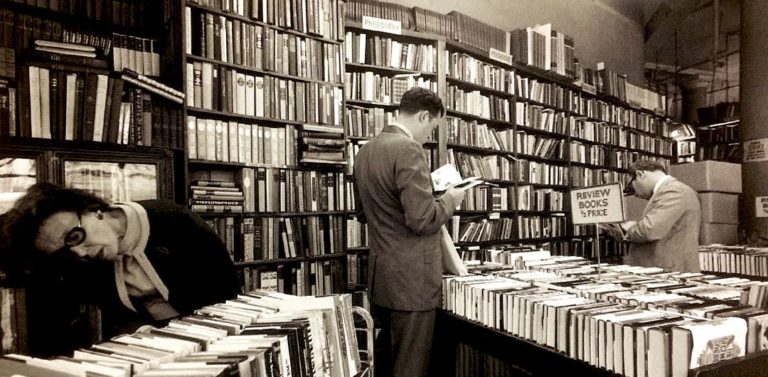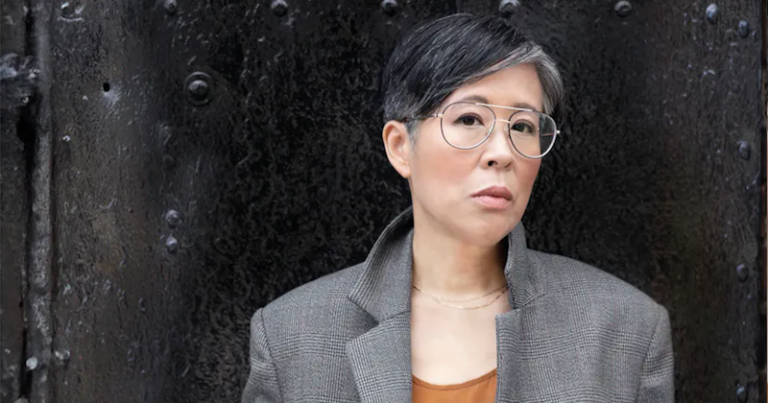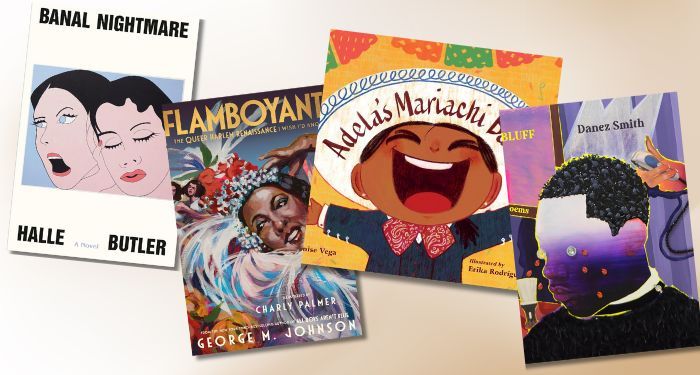
It started to rain later that night. Vera Igorevna made us promise to go to bed immediately so we could be fresh for the first day of the competition. We nodded as one, but five minutes later Nina and I snuck into Seryozha’s room and watched the storm cover Varna in a blind rage. A yellow lightning split the sky in half, and thunder followed like the sound of giant chariots. Nina and I draped a scratchy blanket around both of us, and Seryozha passed us an open bottle of vodka. Nina shook her head—she was not going to take any chances. But Seryozha and I convinced her that a few drops would help calm her nerves.
“Did you see the kids from the Bolshoi school?” Seryozha asked, and Nina nodded enthusiastically.
“Am I really the only one who followed Vera Igorevna’s orders?” I snorted. We knew that when she told us to ignore other competitors, she really meant our rival school in Moscow.
“The girls were beautiful but a little soulless, if I may say so,” Nina opined; no one but we knew that despite her angelic appearance, she had a sharp eye. “But there was a guy who was spectacular in grand allegro. The one with longer hair. Natasha, you really didn’t notice?”
“That’s Alexander Nikulin.” Seryozha grimaced, taking a swig from the bottle. “The enfant terrible of the Bolshoi. The new Baryshnikov. The best.”
“We weren’t supposed to be checking out the competition,” I said. As Seryozha pulled a bit of our blanket over his lap, I explained what Vera Igorevna said to me about not seeking to win.
“But I never wanted to be the best, or to prove myself.” Nina hugged her knees to her chest. “To me, ballet is beauty above anything else. It’s enough that I get to be a part of that beauty.”
“And you, Seryozha?” I turned to him, and he chuckled. “Honestly—I dance because I want to impress girls.” By now I’d
gotten used to this quality of Seryozha’s. Flirty, but a little silly and self-deprecating.
“Is it working thus far?” I laughed, taking the bottle from his hand and bringing it to my lips, conscious of where his mouth had just pressed into it.
“I don’t know—is it?” Seryozha said. Another lightning illuminated the whole city, and then the room fell into an even greater darkness.
The storm calmed in the early hours of dawn, but the outdoor stage in the Sea Garden was still flooded up to the ankles. The crew spent all day pushing the water off with brooms, chasing away frogs, and blasting the stage with what looked like a giant’s hair dryer. Without a run-through, it was impossible to know what type of floor we’d be dancing on, how much force and counter-balance we’d have to employ to account for the grippiness and rake. Use too much force on a slippery floor and you could fall flat on your face at the smallest imbalance; and then too much hesitation on a grippy floor could knock off a few turns from what should be six, seven, eight pirouettes. We practiced on raked floors at Vaganova, which prepped us for the tilted stage at Mariinsky—but many other theaters around the world were flat-floored. This was on top of the fact that in ballet, no matter how good you are, you can’t ever know whether your movement will be executed perfectly. Each time you step into something as simple as a piqué arabesque, you risk not being on top of your leg. Every second, the conditions are changing—your muscles, energy, mentality, the floor, humidity, the atmosphere, your partner.
“It’ll be all right,” Seryozha said as we waited behind the ivy-covered wall wrapping around the stage. Floodlights shone through the greenery and dappled the costumes of dancers as they passed in and out of the darkness. We wished each other toi toi toi and made the sign of the cross. God bless and protect. A stagehand gave us our cue. We took each other’s hand.
The bright staccato of clapping enveloped us as we stepped inside the blinding light. I instantly realized that the floor was slick, and Seryozha held my hand tighter. But the music began, and everything else receded into the distance. There was just us, dancing together, in the chiaroscuro between the night and the light. Why I long for the stage: it strips you bare. Even my hunger, my fight, my desire dissolve away until only the most essential part remains. That part is more than just beauty, more than just love.
I waited behind the wall during Seryozha’s variation, but I didn’t need to see him to know how he was doing. He was playful and flirtatious, but not rakish or destructive; his young lovestruck Spaniard had a sunny sincerity, like picking ripe tomatoes. When he finished, I ran onto the stage for my solo. Kitri’s variation had never troubled me—it simply required the fleetness and coquettishness of a girl who knows who she is and what she wants. Kitri is a huge red rose, a brilliant-cut diamond. She’s no great mystery, but that doesn’t detract from her acknowledged attraction and popularity. Not everything has to be dark to be worthy.
After my solo, the coda hurtled to the end—and the only thing to do was give people what they expected from Don Q, which was fireworks. The moment we landed our last tour and pirouette in unison, all I could hear was my own ragged breathing—then the force of the applause almost knocked us over. Whistles—bravi. Seryozha handed me off toward the audience, I curtsied deeply and then returned to him for a final bow together.
When the first round ended, we found out that Nina, who danced the Aurora variation, did not advance to the second round. She cried over breakfast, and Seryozha and I took turns rubbing her back and offering her tea. A hundred people had been eliminated, and there were forty remaining. Out of these, only one dancer—male or female—would leave with the grand prix.
Seryozha and I had prepared separate solos for this round. The audience gave my variation a standing ovation; but I knew I’d done my best when Vera Igorevna said, with a frown, “Some little details could have been better. Overall, however, that was nearly there, Leonova.”
In an unprecedented mood of laxity, Vera Igorevna decided that I’d earned my right to watch some of the other dancers. Leaving Seryozha to warm up, Nina and I made it to the seats by ourselves. I began truly paying attention to the contestants for the first time. There was a Cuban boy who nearly set the stage on fire with his Actaeon solo: he spent more time in the air than on the floor, then finished off with a nine-pirouette and a huge grin on his face like a talented colt breezily winning his first race. That’s how I learned that the Russians and the Cubans both prized bravura, but the Russians made it look like art and the Cubans made it look like a party—they were dancing for joy and for each other. The English were more restrained, less interested in gymnastics or exaggerated proportions of the body; the Americans were generally athletic although too much of a hodge-podge to express a national style. Other than the Romanians and the Ukrainians, who clearly favored the Russian school, the only ones who showed distinct academicism were the French. Both Vaganova and the Paris Opéra Ballet School were often called elegant, but the former had soul, dusha, and the latter had what could only be described as fashion—a quality that made others want to copy them.
“Ah, Nikulin is next, Natasha,” Nina whispered as the French Giselle walked off the stage. “It’s the new Baryshnikov from the Bolshoi.”
I didn’t tell her it bothered me slightly, this tone of utter marvel at someone who wasn’t one of us. Nikulin was at least half a head taller than every other male dancer in the competition. Clad only in the blue harem pants and gold chains of his Ali the Slave costume, his muscles were not nobly lithe, but heavy and dense and animalic. His hair was blond, but different from Seryozha’s creamy ash; it was garishly yellow and fell straight almost to his shoulders. Even from a distance, I could make out the hard-set jaw and self-possessed stare, as if he didn’t care at all about the audience or the jury.
“He looks nothing like Baryshnikov,” I whispered, and Nina nudged me to be quiet.
Stillness fell in the amphitheater. When the music came on, Nikulin did something unthinkable—he sprinted across the entire length of the stage during the four-count preparation before his solo began. The Ali variation is not something for which you want to be out of breath under the best of circumstances; at a competition, under nerves and pressure, it’s suicide for most people. But Nikulin was actually smiling while running downstage to end up in a flawless attitude balance, and he was breathtaking for the same reason Baryshnikov was—because art at its highest form is dangerous. He began slicing across the stage in a diagonal, doing a version of a pistol jump that I’d never seen before. His body threw off all expectations of heaviness and became explosive in jumps of unseen revolutions and height. Watching him was like watching a volcano erupt in the black of the night, rejoicing in the glowing red of liquid fire and fearing death at the same time. Beauty, violence, life, destruction, perfectly expressed in one body.
This, I realized, was something meaningful. They say that male ballet dancers fall under two archetypes: airy and crystalline Apollonian, and earthy, magnetic Dionysian. There was something about Nikulin’s quality that was utterly Dionysian, but before I could figure out what that was—temperature or texture?—he had already moved on. He was shredding the stage with his grand pirouette that became faster and faster toward the end; then he threw his body into two consecutive double tours, ending on his knees in a devilish backbend.
Deafening ovation like a storm. Nikulin stood and then bowed reverentially, still in character as Ali the Slave. Nina tugged at my elbow, and besides, I couldn’t possibly remain sitting—that would be like lying. We rose and added our clapping to the overwhelming cacophony.
In the third and final round, Seryozha and I danced the Gamzatti pas de deux from La Bayadère. This was what Vera Igorevna had prepared as my secret weapon, the true showcase of my qualities, with the most jumps of any female classical variation. And after Nikulin, I was no longer complacent—I was angry enough to fly above the roofless amphitheater. When I leaped, I hung on to the air before coming back down, and the audience gasped in unison—a reaction to which I’d become accustomed since age ten, yet relished at that moment more than ever. Something had possessed me and was dancing through me, more beautifully than I was humanly capable of.
__________________________________
From City of Night Birds by Juhea Kim. Used with permission of Ecco, an imprint of HarperCollins Publishers. Copyright © 2024 by Juhea Kim.












 Bengali (Bangladesh) ·
Bengali (Bangladesh) ·  English (United States) ·
English (United States) ·